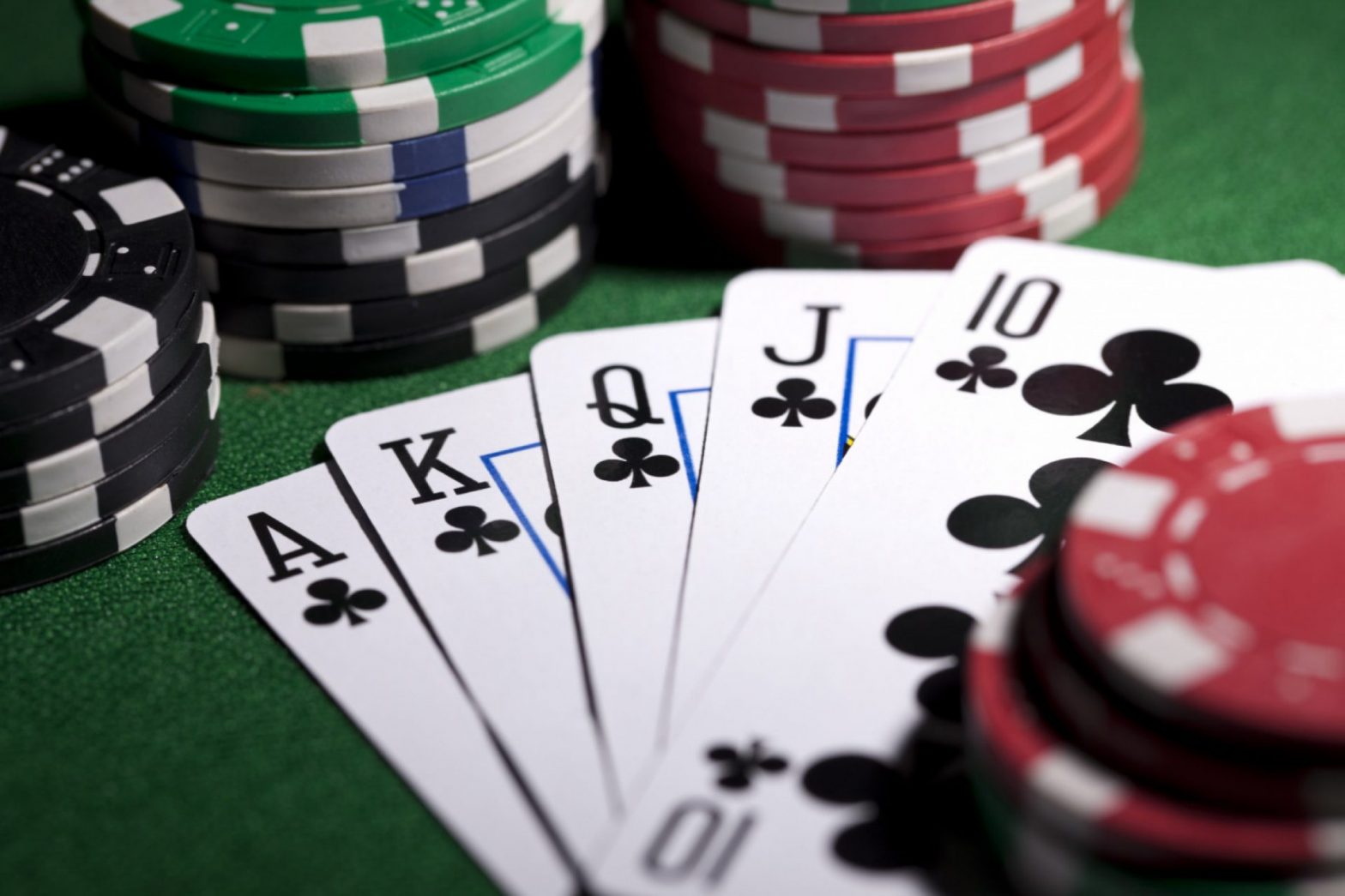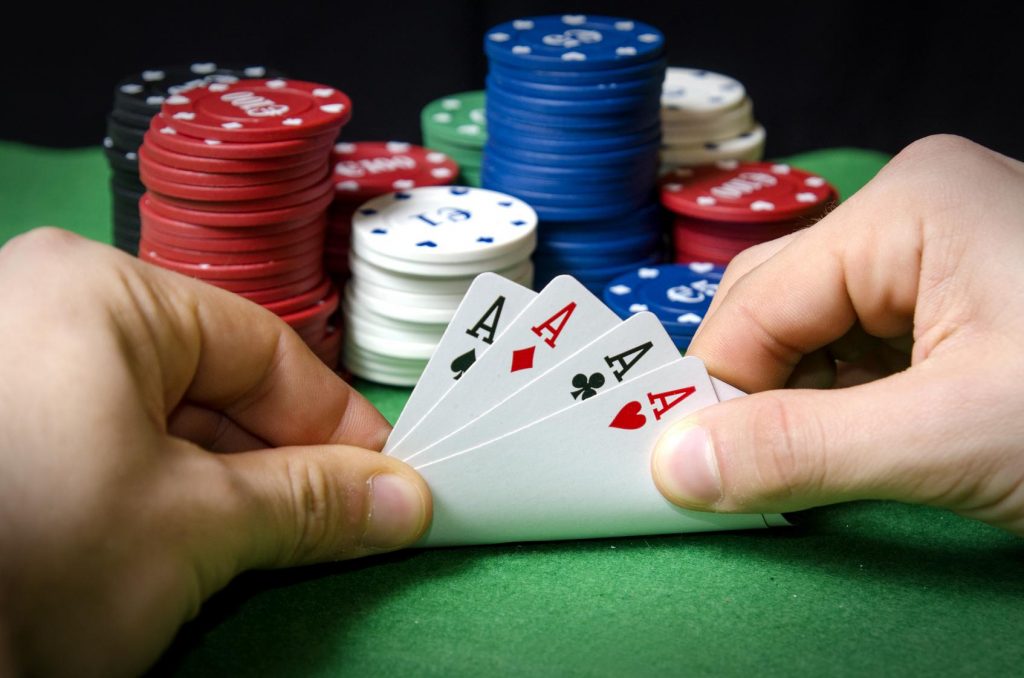Top poker tips

The reason is simple: it is a fascinating game. This is due primarily to its long tradition, which has led to the birth of many variations and different ways of playing, including online, each of which has its own rules and different nuances.
There is, in short, always something to learn at the green table, whether you are a newcomer or an old hand, an amateur or a professional: schools and tutorials abound, as well as books, technical essays and advice from the Pros; all of which are certainly valuable tips for learning the “tricks” of the trade, even if the best school is practice.
Here are some of our tips for learning to play Poker (well)
Start with the basics
It may seem obvious and superfluous, but in order to try and win, you must first know the game well: know what to do, study the basics, start with the theory. In short, you have to lay the foundations on which to base your poker strategies and game settings. Small steps for big results.
Pay attention to the position
As already pointed out, of the concepts to be learnt in the approach to the world of poker, position is undoubtedly one of the most complex, but essential ones: study, preparation, experience and some inevitable mistakes at the beginning serve to understand the great importance of position at the gaming table; a discriminating factor which is sometimes even more important than the cards themselves. A raise from Under the Gun, i.e. to the left of the big blind, exposes you, for example, to considerable risks compared to a raise made from the button, i.e. sitting to the right of the small blind. Considering what to do based on where you are is crucial.
Selecting hands

The best approach is to make a careful selection of hands to play, call and raise. It is advisable to start by waiting for only excellent hands (such as a high pair or an ace accompanied by a king or queen) and overcome the fear of passing if you think you do not have a good hand. Gradually you will be able to play more hands. It is also important to consider your position, which as we have seen can either make hands very valuable or make them very avoidable.
Assessing the amount of raises and bets

Another important element, especially when starting out, is the amount of preflop raises and postflop bets: the correct size of raises and bets is the basis of good poker. The correct size of raises and bets is the basis of good poker. You need to be careful here too: a 50x preflop raise is, for example, to be avoided, especially when your starting hand is worth a lot.
Remember to fold
Just as you need to select your hands carefully preflop, you should pay similar attention to postflop, where there is the often overlooked option of folding, i.e. deciding not to participate in the hand any more and returning the cards to the dealer. People tend to do this even when the hand no longer has a chance of succeeding on the board. This is a mistake: sometimes folding is the best solution to avoid losing too many chips.
These are some of the tips for those who want to learn how to play: now is the time to sit down at the green table, in Poker tournaments or cash tables and go from theory to practice, testing your skills as a player, confronting your opponents and finding the best strategies.
The reason is simple: it is a fascinating game. This is due primarily to its long tradition, which has led…
